Yemen's Houthis threaten to hit ports, airports in Saudi Arabia, UAE
Yemen's Houthi Ansarullah movement, which aids the country's army in its fight against Saudi Arabia’s deadly military campaign, has threatened to launch more missile attacks on ports and airports in Saudi Arabia and the United Arab Emirates (UAE) in retaliation for the massacre of thousands of Yemenis.
“All airports, ports, border crossings and areas of any importance to Saudi Arabia and the UAE will be a direct target of our weapons, which is a legitimate right,” the Houthi political office said in a statement on Tuesday.
“We will not stand idly by, we will seek more radical means to prevent both the tightening of the blockade and all acts aimed at starving and humiliating the people of Yemen,” the statement added.
The development came a day after the Saudi-led coalition against Yemen announced that it had “decided to temporarily close all Yemeni air, sea and land ports.”
On Saturday, Yemeni forces, backed by popular Houthi fighters, had launched a Borkan H2 long-range missile at King Khalid International Airport in northeastern Riyadh, the first to reach the Saudi capital.
Saudi military authorities said at the time that the missile had been fired at an international airport by Houthi fighters, who have been on the forefront of fighting against the Saudi war machine since 2015, but was intercepted and destroyed.
The Houthi forces have launched a number of long-range missiles across the border in recent years. However, Saturday's strike appeared to be the deepest yet within Saudi territory.
In response to the unexpected Yemeni retaliatory missile attack, the Riyadh-led coalition announced on Monday that it would further tighten an already imposed blockade on the war-ravaged country by closing all land, air and sea ports in Yemen. The blockade even includes the United Nations-supervised relief supplies despite urgent appeals from the world body.
Saudi Arabia has also imposed a total embargo on Yemen, causing severe shortages of food and medicine. A recent cholera epidemic has been blamed on those shortages.
“If these channels, these lifelines, are not kept open it is catastrophic for people who are already in what we have already called the world's worst humanitarian crisis,” said Jens Laerke, a spokesman for the UN humanitarian office, OCHA, in Geneva, Switzerland, on Tuesday.
Saudi war machine massacres people in Hajjah
Yemen’s al-Masirah television network reported that earlier on Tuesday Saudi warplanes had conducted nearly 20 airstrikes against residential areas in Haran district in Yemen’s northwestern province of Hajjah.
Initial reports said that at least 50 people, including women and children, were either killed or injured in the aerial aggression. Local sources also said that all members of a family lost their lives in the strikes.
Meanwhile, al-Masirah said in a separate report that at least 10 of the victims were medics who had gone to aid the wounded from the first airstrikes. Medical authorities in the area said the death toll would likely rise due to the severity of some of the injuries and the fact that there were people who might have lost their lives but whose bodies have not yet been recovered from the rubble.
Since March 2015, the Saudi regime has been heavily bombarding Yemen as part of a brutal campaign against its impoverished southern neighbor in an attempt to reinstall Yemen’s former President Abd Rabbuh Mansur Hadi, a staunch ally of Riyadh, and crush Ansarullah, which is in control of large parts of Yemen, including the capital. The Saudi campaign, however, has failed to achieve its goals.
Over the past two years, Houthis have been running state affairs and defending Yemeni people against the Saudi aggression.

Latest figures show that the war has so far killed over 12,000 Yemenis and wounded thousands more. The Saudi aggression has also taken a heavy toll on the country's facilities and infrastructure, destroying many hospitals, schools, and factories.
VIDEO | Austrian Muslim NGO dedicates aid collecting event to Gaza
Israel launches three raids on Lebanon in fresh truce breach: Report
Dec. 26: ‘Axis of Resistance’ operations against Israeli occupation
Israeli forces raid Kamal Adwan Hospital after killing 53 in airstrikes
Pezeshkian to visit Russia next month to sign partnership pact
'Hypersonic' Yemeni missile hits Tel Aviv after Israeli airstrikes
VIDEO | Iran emerging as aviation service hub through innovative solutions
Iraq exhuming remains of 100 Kurdish women, children killed by Saddam


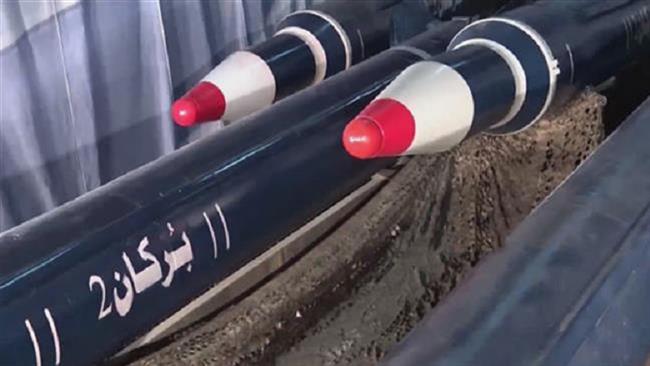

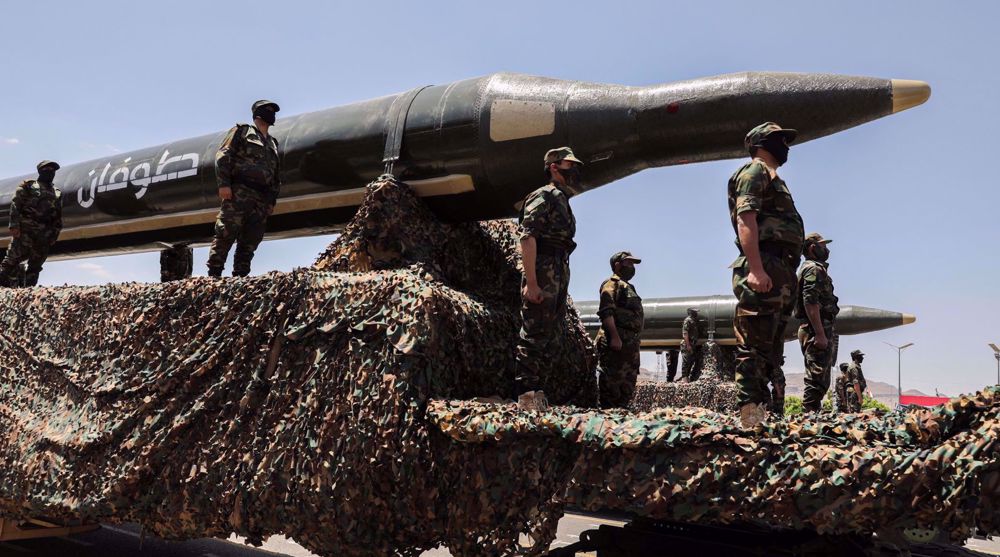
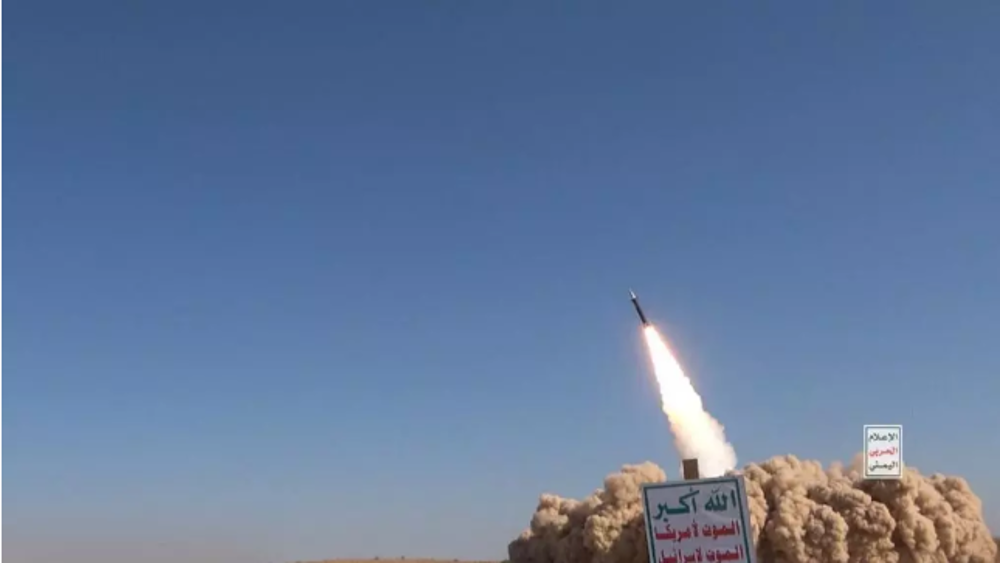
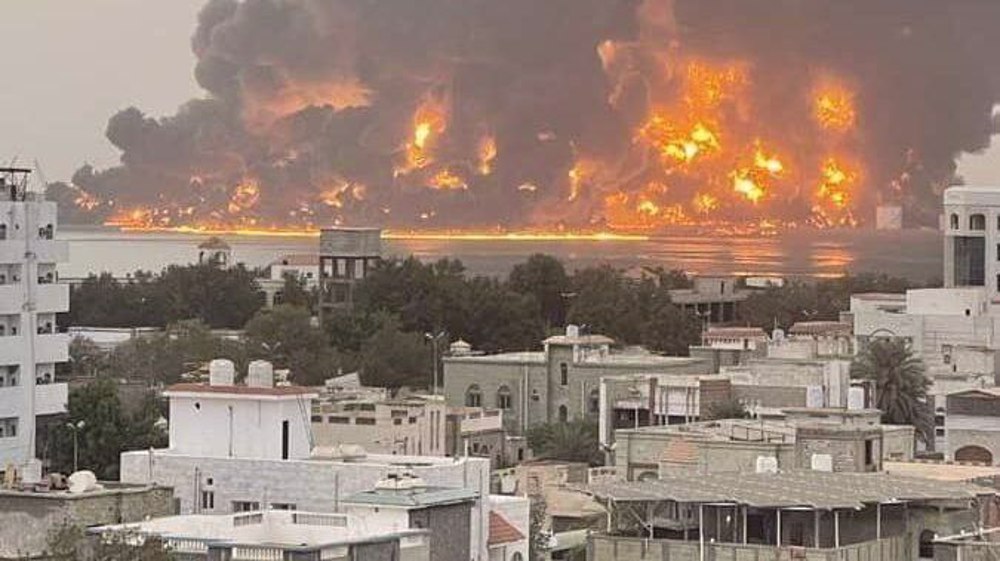



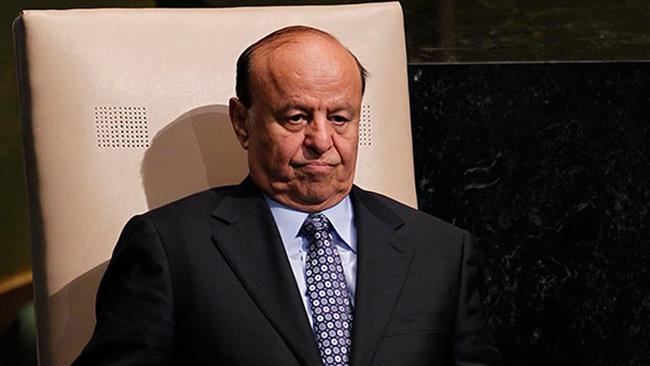
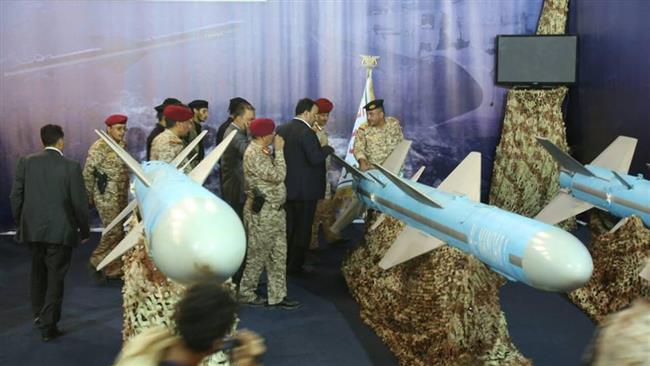
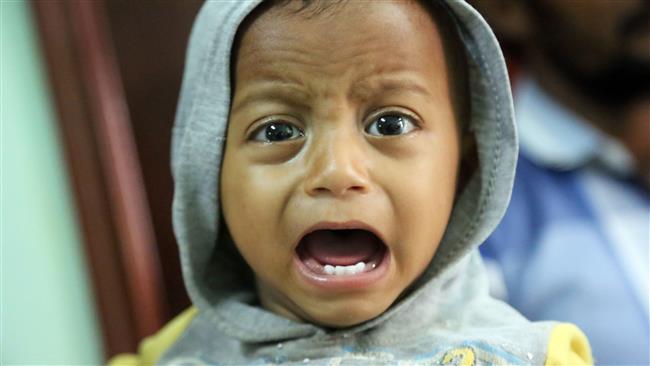
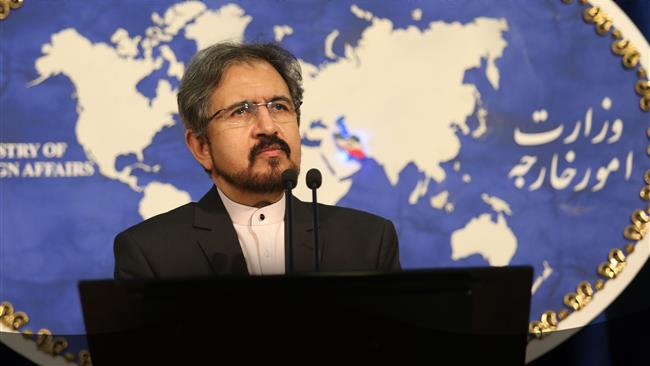
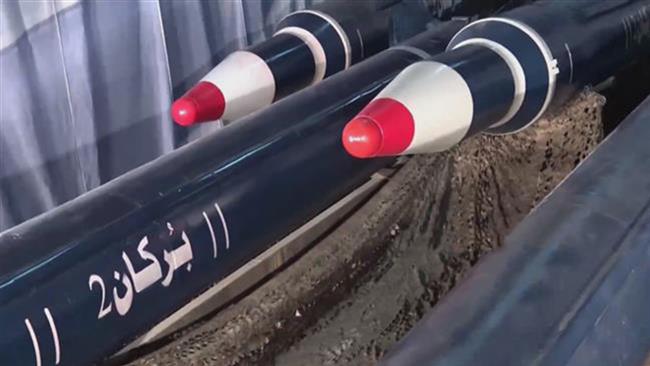

 This makes it easy to access the Press TV website
This makes it easy to access the Press TV website